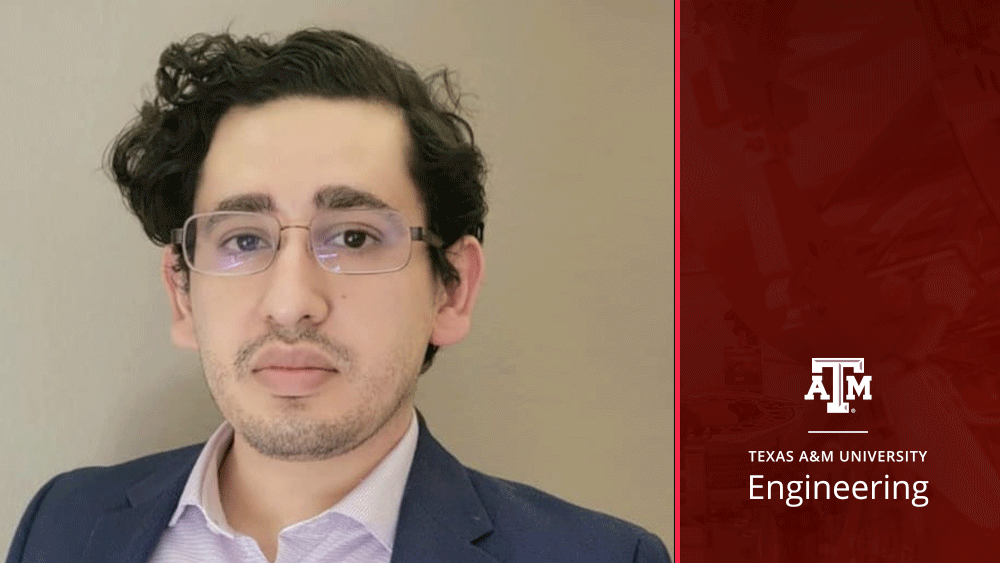
Automation uses various technologies that minimize human intervention in processes and control systems, including factory production lines, chemical processes and self-driving vehicles. Human interaction within these systems is reduced by using the outcomes of mathematical models to program systems to be more efficient and precise.
Dr. Aldo J. Munoz-Vazquez, instructional assistant professor in the Department of Multidisciplinary Engineering at Texas A&M University, alongside an international team of researchers, is using sophisticated mathematics to predict the behavior of a larger class of dynamic systems more accurately and efficiently.
This study was published in the Journal of Computational and Applied Mathematics.
The researchers analyzed generalized control structures, or control-loop mechanisms, utilizing feedback by relying on the recently proposed integrodifferential operators. In future studies, they will consider the accuracy of these models by analyzing the response of complex dynamical systems, including robot motion or even rehabilitation tasks, where the case of a human-in-the-loop is considered.
Modern systems and industrial applications demand more stringent operating conditions, like more varied requirements on the task and system specifications. In turn, more flexible tools are needed to reflect the dynamic model characteristics in the real-system response.
The researchers found new methodologies to extend the fundamental theorems of calculus to novel and generalized integrodifferential operators and establish interesting inequalities that allow the stability analysis and the synthesis of newer control methodologies.
“Volterra integral equations of the second kind allow the mathematical modeling of a larger class of dynamic systems,” said Munoz-Vazquez.
Given that the systems under study are more general, these equations are expected to obtain more accurate models and control strategies that can aid in precise motion control of robotic systems, the stabilization of electrical networks that have energy storage devices with low and ultra-slow responses or the regulation of chemical processes involving viscoelastic fluids.
This research is in a very early stage. In the future, it will be possible to develop general dynamic models of real-world systems and control algorithms, which can be employed in either the understanding of nature or in the synthesis of novel technologies such as robotics, rehabilitation, chemical processes and other applications.
“I hope these new tools will increase potential interest in the research and industrial communities,” said Munoz-Vazquez.
Other contributors to the research include Dr. Oscar Martinez-Fuentes and Dr. Guillermo Fernandez-Anaya.